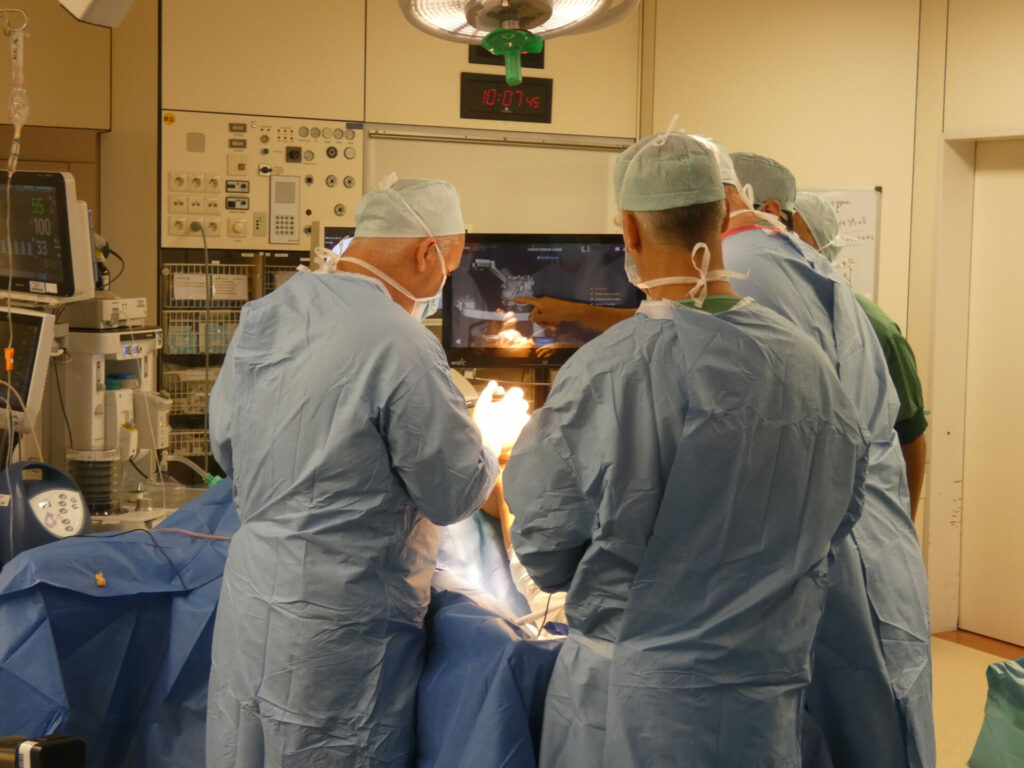The number of hospital doctors whose fees are covered in full by Belgium's health insurers (mutualités/mutualiteit) has fallen from 75% to 68% since 2012. Many are now charging extra costs without informing their patients.
On Wednesday, various Flemish outlets revealed that physicians working in hospitals are less often offering their services via health insurers. Figures from the National Institute for Health and Disability Insurance (INAMI) showed that the number of fully "conventionné" hospital doctors is decreasing.
Conventions and overcharging
The convention system was established in the 1960s so that hospital patients would pay a consistent annual rate. It aimed to prevent exorbitant fees on hospital bills.
However, doctors may choose to partially or totally separate themselves from this system, allowing them to charge premiums on top of the official rates for consultations or operations, the amounts of which vary depending on their region. For example, a radiologist not working within the health insurance system might charge up to €50 more for a certain scan.
Related News
- Emergency services concerned as people turn to 'alternative' forms of heating homes
- One in three residents in Belgian care homes given antipsychotic drugs
- First Belgian hospital recognised as centre of excellence for childhood obesity
While this may appear to be a financial grab by practicians preying on patients' ignorance, Thomas Gevaert of the doctor's union Cartel stated that the reality was far more nuanced. "While I am working within the health cover, some of my colleagues who are not earn less than I do," he explained.
In his opinion, the problem stems from an undervaluation of certain professions' standard rates, which is then exacerbated by the amount they owe the hospitals in which they operate. "Then others want to develop with treatments that the government does not yet cover," Gevaert added.

